Decline in Foreign Exchange Remittances Raises Concerns
Despite aggressive measures by the Central Bank of Nigeria (CBN) to boost foreign exchange inflows, total direct remittances have dropped significantly. Recent CBN data reveals a 16.68% Year-on-Year (YoY) decline, with remittances falling from $1.86 billion in the first nine months of 2023 to $1.55 billion in the same period of 2024.
The Acting Director of Corporate Communications at CBN, Mrs. Hakama Sidi Ali, commented on the data, saying, “While we’ve seen spikes in some months, the overall decline underscores the need for sustained reforms in the foreign exchange market.”
Join our WhatsApp ChannelForeign Exchange Policies: What Went Wrong?
The CBN introduced several measures to improve foreign exchange inflows, including granting licenses to new International Money Transfer Operators (IMTOs), implementing a willing buyer-willing seller model, and ensuring liquidity for IMTOs.
Despite these efforts, the numbers tell a different story:
- Q1 2024: $282.62 million, down from $301.57 million in Q1 2023.
- Q2 2024: $829.3 million, a 27.5% rise from $650.4 million in Q2 2023.
- Q3 2024: $433 million, a sharp 52% drop from $903.03 million in Q3 2023.
According to David Adonri, Vice President of Highcap Securities Limited, multiple factors may have contributed to the decline. “The weakening naira and policy inconsistencies have likely dampened confidence among Nigerians in the diaspora,” he said.
READ ALSO: Nigeria’s Foreign Reserves: A Tale Of Contradictions
A Mixed Picture: February’s Surge in Foreign Exchange
Interestingly, February 2024 saw a significant spike in inflows, with remittances reaching $1.3 billion, compared to just $300 million in January. However, direct remittances for February were only $39.15 million.
Mrs. Ali noted that the surge was driven by “higher remittance payments from Nigerians abroad and increased purchases of naira assets by foreign portfolio investors.”
Broader Implications of Declining Foreign Exchange
Nigerians living abroad, who are key contributors to foreign exchange inflows, have been sending less back home despite a rise in emigration. Experts believe this trend could impact the broader economy, including the exchange rate and price stability.
However, Adonri offered a more optimistic view: “This decline might be temporary. The global economic climate and improved policies could see remittances rebound in 2025.”
CBN’s Commitment to Reforms
Under the leadership of Governor Olayemi Cardoso, the CBN remains committed to enhancing foreign exchange inflows. The institution aims to double formal remittance receipts within a year through various initiatives.
“The increase in remittances is a strong testament to the success of the CBN’s ongoing efforts to bolster public confidence in the foreign exchange market,” Ali added.
Moving Forward
To address the declining remittance figures, experts recommend stronger incentives for diaspora Nigerians and enhanced transparency in foreign exchange policies.
“Trust and consistency are essential for attracting more inflows,” Adonri concluded.
Emmanuel Ochayi is a journalist. He is a graduate of the University of Lagos, School of first choice and the nations pride. Emmanuel is keen on exploring writing angles in different areas, including Business, climate change, politics, Education, and others.

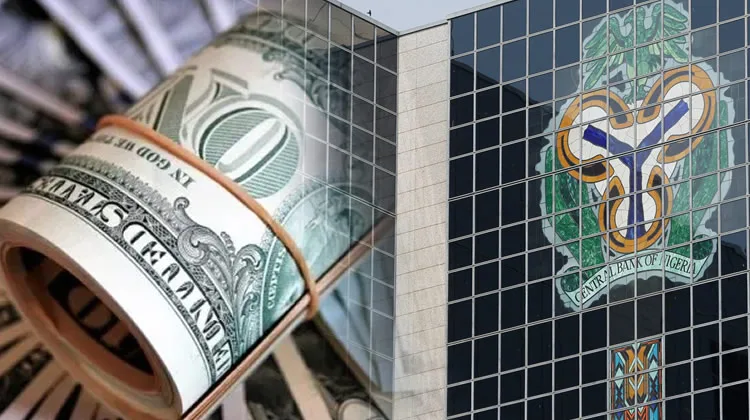




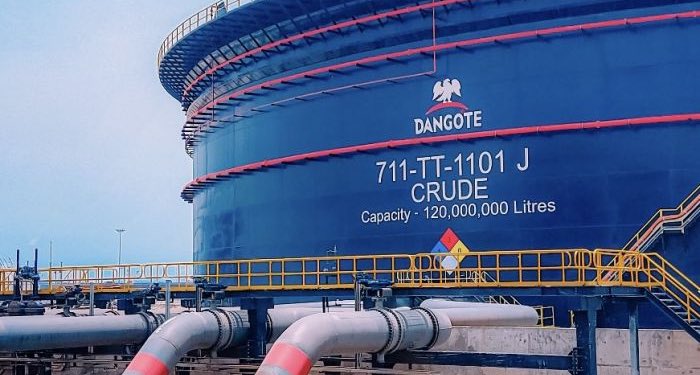
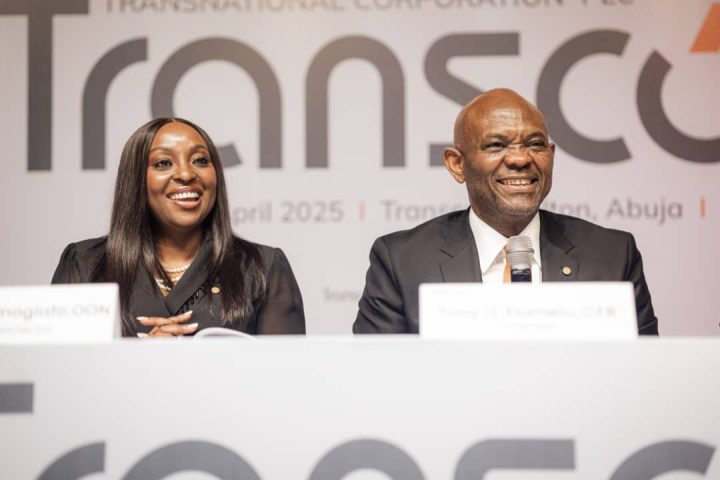





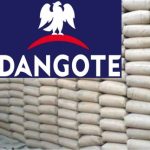



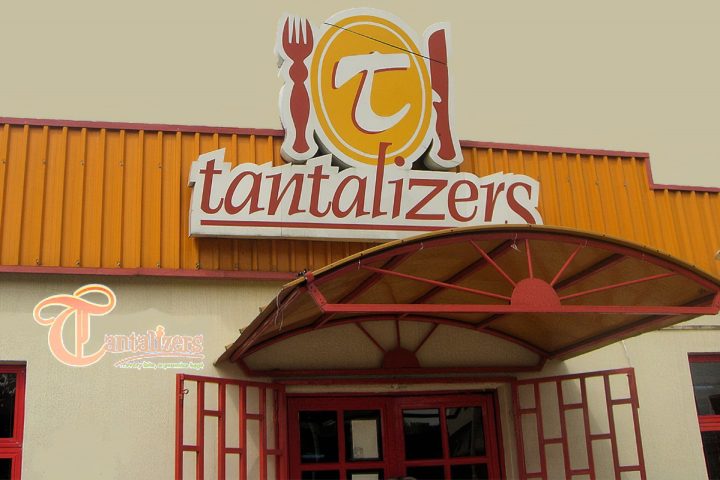

Follow Us